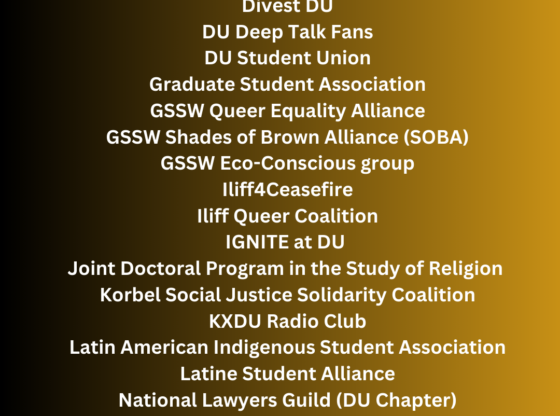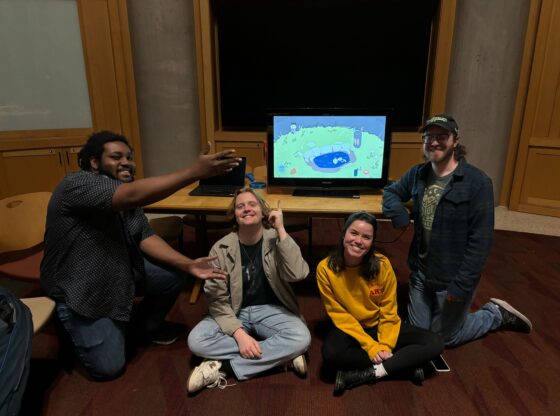Back In 1969, I opened a record store in the college town of Isla Vista, a few blocks from the University of California at Santa Barbara. I was just 20 and still a student, and I couldn’t think of a better way to earn a living than by bringing music to my friends and neighbors.
More than three decades later, I still can’t. But that store is now history. Although it outlasted many competitors, this past February it finally met its match.
My Isla Vista store didn’t fail because I’d suddenly lost the ability to contend with legitimate competitors. I had competed against a dozen stores over the years. It went out of business because its customers found a way to obtain the product we sold without having to pay for it. As the sign I left in the window explained: “Morninglory Music is closed for good in Isla Vista, due to lack of business. (There was no way to compete with free downloadable music.)
Most of our customers in Isla Vista were students at UCSB. Like those of college students everywhere, their lives were transformed a few years ago by the advent of online services such as Napster. From their point of view, these services were amazingly simple and convenient–they provided virtually any album, some even before they were available in stores. And best of all, it was free.
Competing against rivals–even against huge national chains–is one thing. But no one can compete against “free.”
There was one flaw in the Napster approach: It was illegal. Reproducing copyrighted material without per-mission is every bit as illegal as shoplifting CDs from a record store. If anything, it’s worse, because at least music-store owners can take steps to thwart shoplifters.
Napster was shut down by the courts. But it was quickly replaced by a variety of “peer-to-peer” networks, which actually made the problem more widespread.
Sales at my Isla Vista store continued to decline, and by last winter, after sales had fallen approximately 70 percent in two years, I was forced to close the doors.
During the final two years, I’d come to think of the Isla Vista Morninglory as a kind of canary in the coal mine–an early warning of a problem that may seem small but that eventually could affect us all.
I have read recently that about 70 million people illegally distribute upward of 3 billion copyrighted works of music on the Internet each month. I have heard young people boasting about the thousands of pirated songs on their hard drives–songs they routinely “burn” onto blank CDs for their friends. A generation is growing up with the idea that pirating copyrighted music is the normal way to build a collection.
Let’s call illegal “file-sharing” what it really is. The term has the connotation of something benign, even charitable. It’s actually “file-stealing-distributing-and-receiving-stolen-property.” A bit unwieldy and not so pleasant-sounding, but certainly a more accurate description.
And it’s not just music. Digital copies of first-run movies circulate freely, if illegally, on the Internet. So do copies of best-selling books. If people continue to pretend that copyright laws don’t exist, I believe we are witnessing the death of “intellectual property.”
I understand that technology is transforming the way information and entertainment are distributed. As record labels and recording artists consider offering direct downloads themselves, they might effectively cut out retailers. That’s their prerogative. They should be able to offer their works as they choose. The choice, however–and the resulting revenue–should be theirs to make and receive. With file-sharing and digital burning, it’s not.
The same forces that killed my small store now threaten a major segment of our economy–creative industries such as music, movies and publishing. What future do they have in a world in which books, films and music are simply passed around rather than purchased?
Copyright laws have helped the creators and producers of information and entertainment contribute greatly to this country and its economy. If we want to continue receiving those benefits, it’s time for the government to enforce the law.










